JBM Group Partners Singapore’s Keppel To Decarbonise and Introduce Solutions For E-Mobility And E-Waste
- By MT Bureau
- December 03, 2024
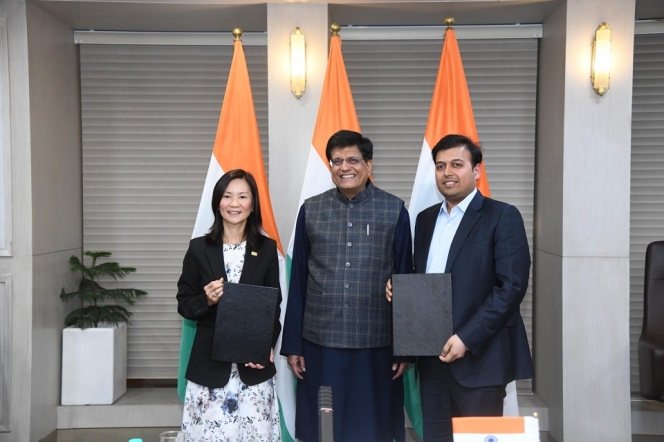
JBM Group, a leading player in the commercial vehicle and component manufacturing space, has signed a strategic partnership with Singapore-based Keppel for decarbonisation and green mobility.
The partners will focus on decarbonising urban infrastructure, provide unique and customised solutions for electric mobility and electric waste (e-waste) management. As part of the understanding, Keppel will brings its leading-edge capabilities in integrated clean energy, electric vehicle (EV) charging and resource circularity solutions.
On the other hand, JBM Group will leverage its expertise in electric vehicles, EV aggregates and key auto systems. They will joint develop projects focussing on e-mobility, Battery Energy Storage Systems and e-waste solutions. Furthermore, they will also look at setting up EV charging networks, e-mobility hubs and resource recovery facilities.
The agreement was done at the 29th Confederation of Indian Industry (CII) Partnership Summit 2024 in New Delhi, India. The MoU was signed in the presence of Piyush Goyal, Minister of Commerce and Industry, Government of India by Nishant Arya, Vice Chairman, JBM Group and Cindy Lim, CEO, Keppel’s Infrastructure Division.
“India and Singapore share a long-standing and robust partnership that was recently elevated to a Comprehensive Strategic Partnership (CSP) during Prime Minister Narendra Modi's visit to Singapore in September 2024. This significant step enhances collaboration in sustainability, advanced manufacturing, digital technology and green energy,” said Goyal
“At the 29th CII Partnership Summit, I am pleased to witness landmark agreements between Keppel and leading Indian corporations. These collaborations align with India's priorities, including the energy transition and the India Cooling Action Plan, fostering innovation and paving the way for economic growth and a sustainable future for both nations. This augurs well as our countries celebrate the 60 years of diplomatic relations in 2025,” he added.
Nishant Arya said, “This strategic partnership with Keppel marks a significant step forward in our commitment to advancing the global energy transition and decarbonisation goals. The combined synergies of two global leaders joining hands, with JBM’s expertise in e-mobility, renewables and green manufacturing and Keppel’s innovative solutions in infrastructure and sustainability, we aim to deliver transformative outcomes in clean energy and electro-mobility domains. Together, we will pioneer solutions that shall redefine the global sustainability landscape towards creating a zero carbon and resilient future for our communities.”
Cindy Lim added, “India's electricity demand is rapidly rising on the back of its growing economy, urbanisation and electrification. Through forging partnerships with leading partners like JBM Group, Keppel is uniquely positioned to participate in and contribute meaningfully towards India’s sustainable development. We look forward to working with our esteemed partner to deliver differentiated and impactful decarbonisation and sustainability solutions to help meet the net-zero commitments of both India and our customers.”
New CUPRA Born Debuts With Enhanced Design And Performance
- By MT Bureau
- March 06, 2026
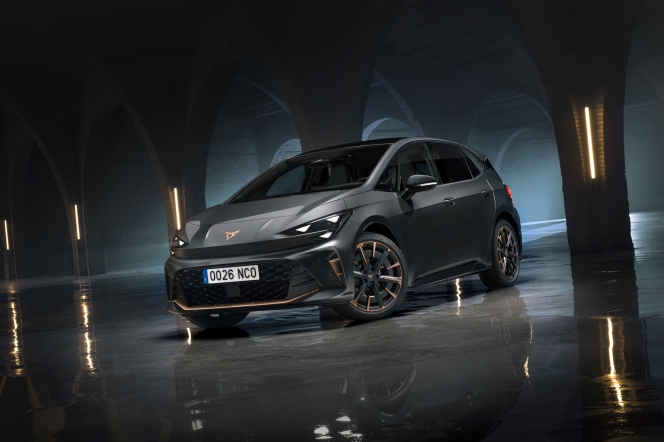
CUPRA has unveiled an evolved version of its first all-electric model, the CUPRA Born, reinforcing the brand’s commitment to challenging conventions. The vehicle has been comprehensively re-engineered to offer a more intense and emotionally engaging driving experience, marked by striking exterior updates, a refined cabin and enhanced technology.
The exterior evolution embraces CUPRA’s dynamic design language, featuring newly sculpted front and rear bumpers. Distinctive triangular Matrix LED headlights complement a prominent illuminated CUPRA logo, which is now seamlessly integrated into the three-dimensional rear light cluster, enhancing the car’s visual presence.
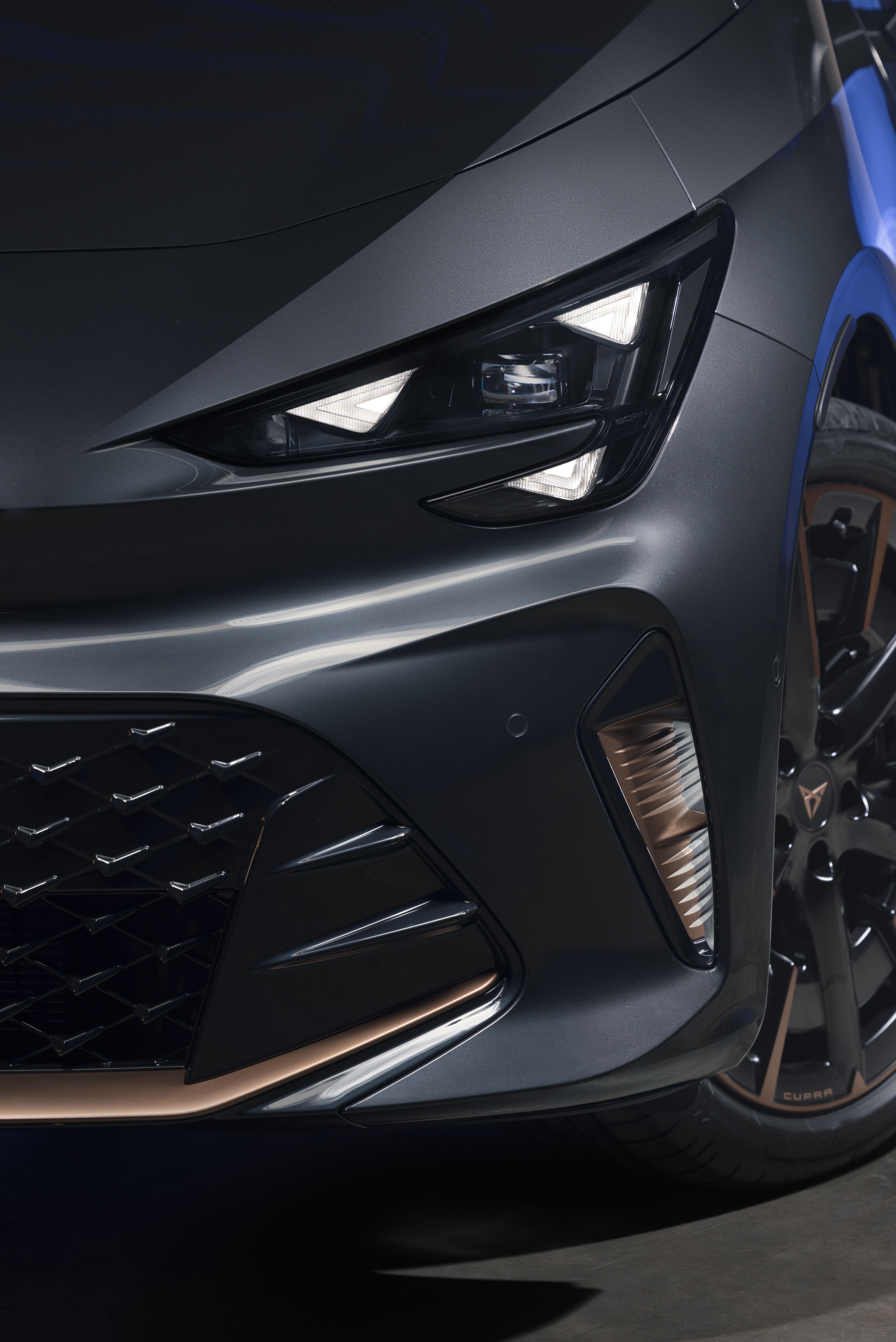
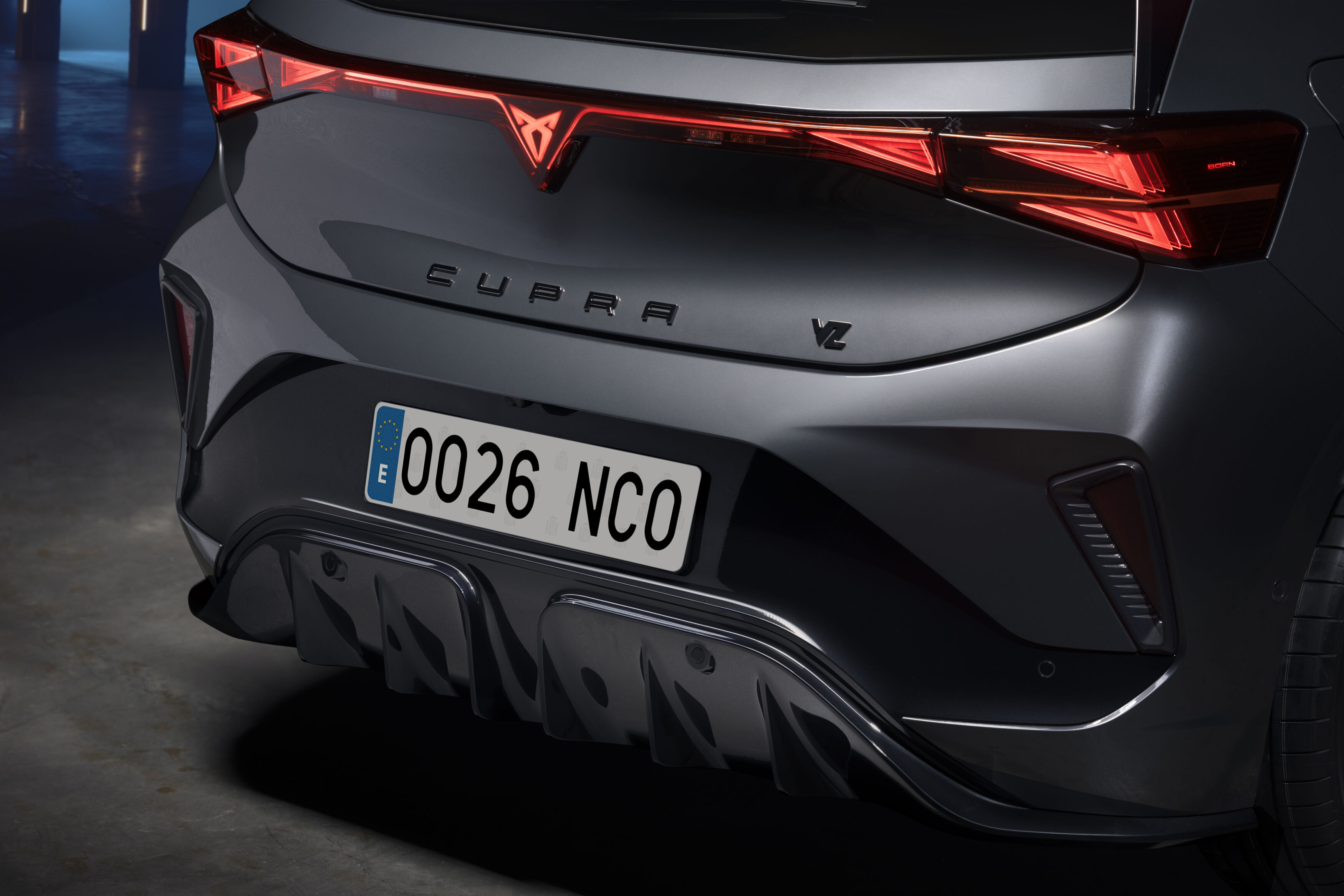
On the interior front, the focus is on driver engagement and elevated quality. A redesigned steering wheel now incorporates intuitive physical controls, while new door panels contribute to a more premium feel. The immersive digital environment is amplified by a larger 10.25-inch digital cockpit, supported by an augmented reality head-up display. The auditory experience has also been transformed, with a Sennheiser Contrabass sound system delivering deep, immersive bass, while a newly developed Interior Sound Signature strengthens the connection between the driver and the machine.
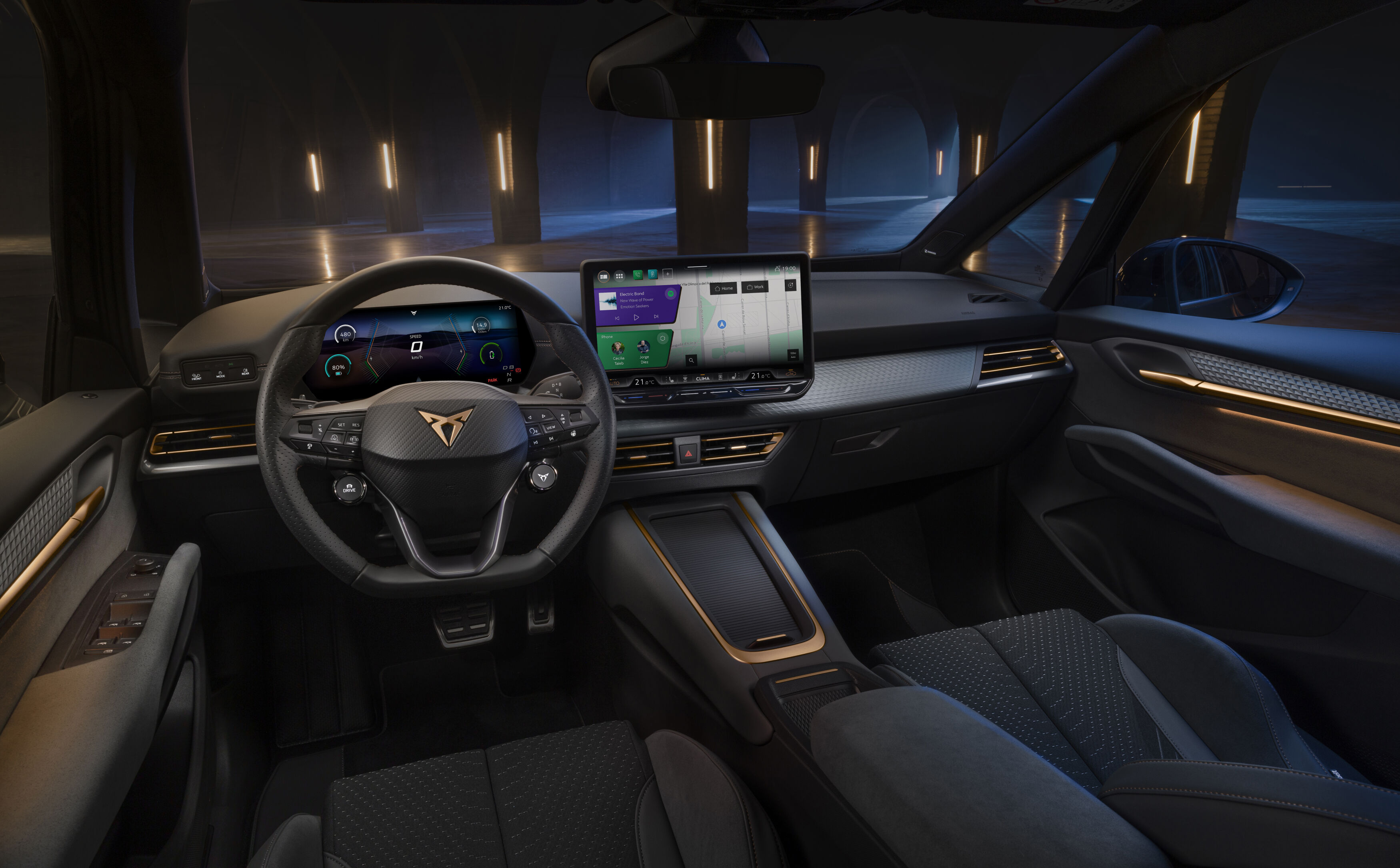
Performance remains a core pillar, with the new Born intensifying every journey through its hallmark electrifying dynamics. Drivers can select from four distinct motor and battery configurations. Features such as launch control, a new One Pedal Driving System and wider tyres for both 19- and 20-inch wheels further sharpen the driving experience. This performance is matched by an updated suite of safety systems, including Travel Assist 3.0 with cloud-enhanced functionality, new Crossroad Assist, an upgraded Front Assist and pre-crash protection with rear detection.
The new Born offers flexible powertrain choices to suit different needs. The V1 and V2 versions, equipped with a 58-kWh battery, achieve an estimated range of around 279 miles (approximately 449 km). For extended range, both these models and the range-topping VZ version can be specified with a 79-kWh battery, targeting approximately 372 miles (approximately 598 km). Personalisation is available through six exterior colours, including the newly introduced Timanfaya Grey.

Keto Motors Receives CMVR Approval For Urbanova KE9 Electric Bus
- By MT Bureau
- March 05, 2026
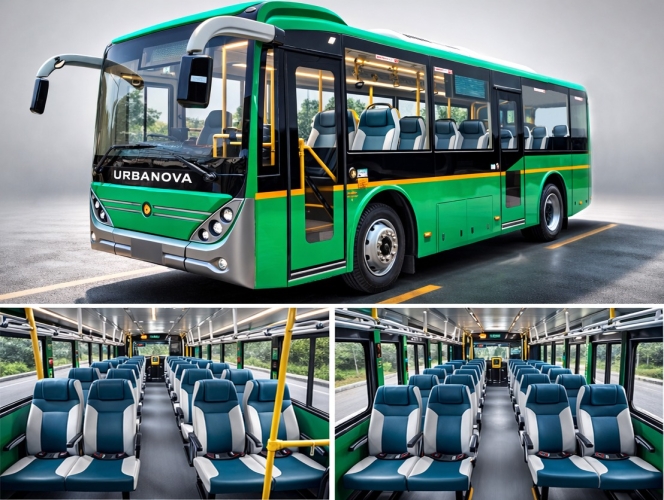
Hyderabad-based electric vehicle company Keto Motors has secured CMVR Type Approval Certification from the Global Automotive Research Centre (GARC) for its nine-metre Urbanova KE9 electric bus. The certification confirms the vehicle's compliance with safety and performance standards, including structural integrity and range efficiency.
The company is now initiating customer demonstrations and preparing for deployments across State Transport Undertakings (STUs), school fleets and employee transportation providers.
The Urbanova KE9 is engineered for urban mobility and smart city networks. Through a technology partnership with TRON, a Taiwanese E-bus OEM, Keto Motors utilises liquid-cooled battery technology, a self-developed Battery Management System (BMS) and Fleet Management Systems (FMS).
The e-bus features a 245 kW liquid-cooled PMSM motor delivering 3000 Nm of torque. A claimed cruise range of 188 km (IDC) and a top speed of 80 kmph. It can accommodate 31 seated and 11 standing passengers. It supports CCS2 fast charging support, regenerative braking, ABS and air suspension.
The company aims to start production in early FY2027 at the company’s 20-acre facility in Jadcherla, Telangana. The plant features in-house bus body manufacturing and testing systems, with an annual capacity of 1,000 units.
In addition to the nine-metre model, Keto Motors is developing 12-metre and 6-metre platforms to expand its presence across the public transport sector.
Venkatesh Challa, Director of Keto Motors, said, “Securing CMVR Type Approval for the Urbanova KE9 is a defining milestone for Keto Motors. This certification reinforces our commitment to delivering dependable, high-performance electric mobility solutions designed specifically for Indian roads and fleet operators. With approvals in place, we are now focused on accelerating customer deployments and supporting India’s transition toward clean, zero-emission public transport.”
- Ultraviolette Automotive
- BaaS
- Battery-as-a-Service
- Battery Flex
- Ecofy
- Narayan Subramaniam
- Niraj Rajmohan
Ultraviolette Automotive Partners Ecofy To Launch Battery Flex BaaS Ownership Model
- By MT Bureau
- March 05, 2026
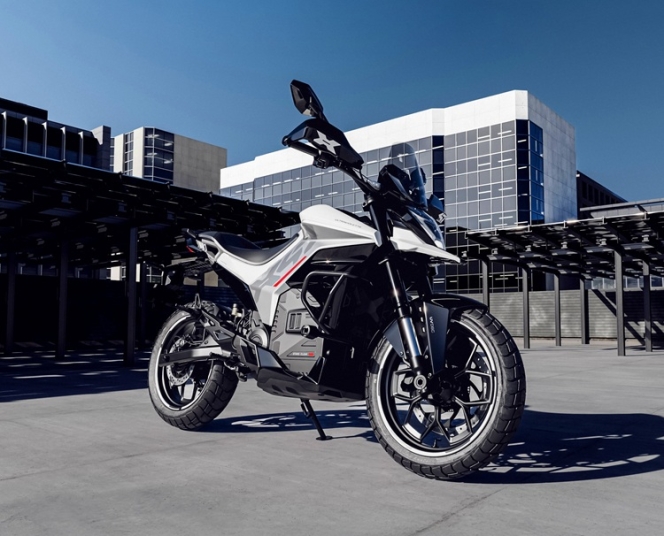
Bengaluru-based electric vehicle start-up Ultraviolette Automotive has introduced Battery Flex a Battery-as-a-Service (BaaS) programme designed to lower the entry cost of its electric motorcycles. The initiative is launched in partnership with Ecofy, a non-banking financial company (NBFC) specialising in green financing.
Under the new model, the upfront cost of the Ultraviolette X-47 is reduced by 40 percent. Customers can purchase the motorcycle chassis for INR 149,000 and subscribe to the battery for a monthly fee starting at INR 2,499. At the conclusion of the subscription period, ownership of the battery is transferred to the customer at no further expense.
The Battery Flex model is designed to reach price parity with internal combustion engine (ICE) motorcycles. By separating the cost of the battery from the vehicle, the company aims to make performance electric mobility accessible to a broader consumer base.
Narayan Subramaniam, CEO & Co-Founder, Ultraviolette, said, “At INR 250,000, Ultraviolette was at price parity with similarly powered ICE motorcycles. Now, with a starting price of INR 150,000, riders gain access to better technology, features, and performance that outpaces every segment. With operating costs as low as INR 2,499 per month, which is lesser than the average spends on petrol, we are redefining what affordability means in motorcycling. The introduction of Battery Flex makes performance, technology-driven mobility more attainable and practical for riders across India, while keeping the focus firmly on what matters most: the thrill of riding an Ultraviolette.”
Niraj Rajmohan, CTO & Co-Founder, Ultraviolette, added, “Battery technology sits at the core of every electric vehicle, and at Ultraviolette we have invested years of R&D to ensure our batteries deliver uncompromised performance, safety, and longevity. With the launch of Battery Flex, we are extending this innovation to our customers in a way that is both flexible and accessible. It reflects our commitment to building technology that adapts to customer needs and makes performance mobility more practical than ever before.”
e-Hub By MG Becomes India’s Largest Unified EV Charging App
- By MT Bureau
- March 05, 2026
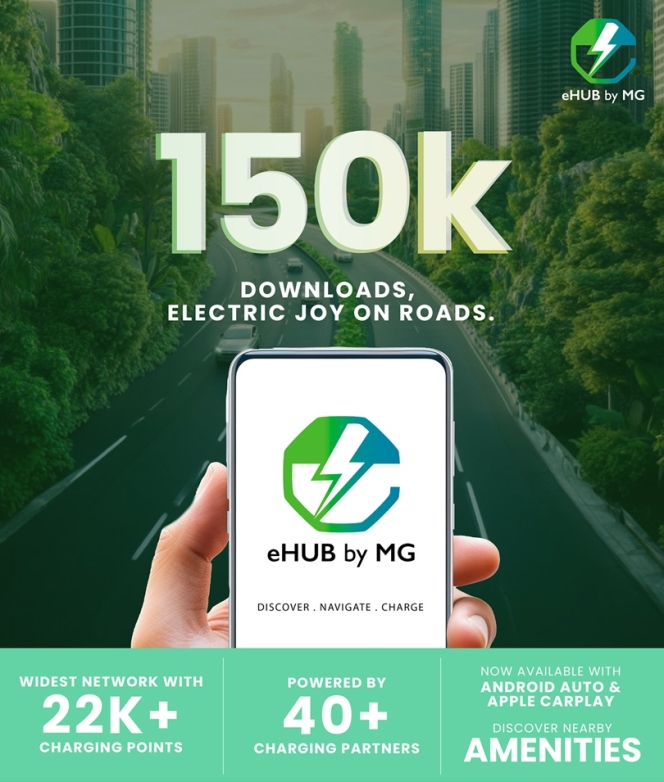
JSW MG Motor India has announced that its e-Hub by MG app is now the largest unified electric vehicle (EV) charging platform in India. The application has listed more than 22,500 charging points and exceeded 150,000 downloads.
The platform has onboarded 40 charge point operators (CPOs), including Jio-bp, TATA Power, Adani, Shell, Zeon, Charge Zone and BPCL. Since its inception, the app has facilitated the dispensing of 1.5 GWh of energy and the planning of 670,000 trips, covering 300 million kilometres.
The company has introduced updates to the application to assist MG and non-MG EV users. These features are designed to centralise the location, reservation, and payment processes for charging sessions.
The updated app includes smartphone integration, navigation tools, user feedback and network access.
Vinay Raina, Chief Commercial Officer, JSW MG Motor India, said, “It is inspiring to witness the rapidly growing community of EV users, both MG and non-MG customers, embrace the e-Hub by MG app. What excites us the most is how effortlessly it is helping customers navigate their EV journeys, whether planning their long road trips or simply looking for the nearest available charger. By bringing the leading CPOs together on one intuitive platform, e-Hub by MG empowers users with choice, convenience and confidence. As India moves towards a more connected and electrified future, we remain committed to building experiences that make EV ownership effortless.”






Comments (0)
ADD COMMENT